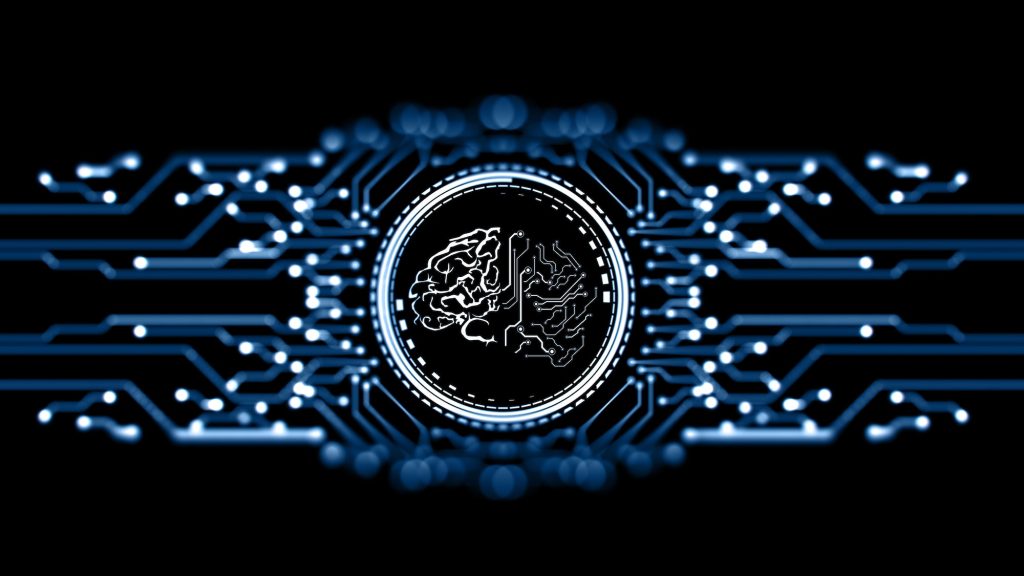
Artificial Intelligence (AI) is a field of computer science that focuses on creating intelligent machines capable of performing tasks that typically require human intelligence. The concept of AI has been around for decades, but recent technological advancements have brought it to the forefront of our daily lives. AI has become integral to our society, from voice assistants like Siri and Alexa to self-driving cars and recommendation systems. This essay will explore what AI entails and how it transforms various industries.
At its core, AI involves the development of algorithms that enable machines to learn from data and make decisions or predictions based on that information. Machine learning, a subset of AI, is a technique used to train models by feeding them large amounts of data and allowing them to learn patterns and make accurate predictions or classifications without being explicitly programmed. This ability to learn from experience sets AI apart from traditional computer programs.
One key aspect of AI is natural language processing (NLP), which enables machines to understand and interpret human language. NLP allows us to communicate with voice assistants or chatbots using natural language instead of complex commands or programming languages. This technology has revolutionized customer service by providing instant support through automated systems.
Another significant area within AI is computer vision, which focuses on enabling machines to see and interpret visual data as humans do. Computer vision algorithms can analyze images or videos, recognize objects or faces, and even detect emotions. This technology has numerous applications in fields such as healthcare (diagnosing diseases from medical images), autonomous vehicles (detecting pedestrians or obstacles), and surveillance systems (identifying suspicious activities).
AI also plays a crucial role in data analysis through predictive analytics. Machine learning models can accurately predict future outcomes by analyzing historical data patterns. This capability has transformed industries such as finance (predicting stock market trends), marketing (targeted advertising based on customer behavior), and healthcare (predicting patient outcomes and identifying potential risks).
Despite its numerous benefits, AI also raises ethical concerns. One major concern is the potential for bias in AI systems due to biased training data or algorithms. If not carefully designed, AI models can perpetuate existing biases or discrimination in the data they are trained on. This issue has been observed in various domains, including hiring processes and criminal justice systems.
